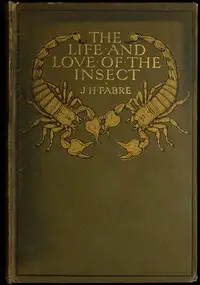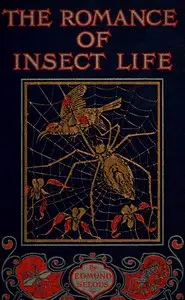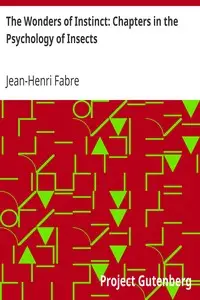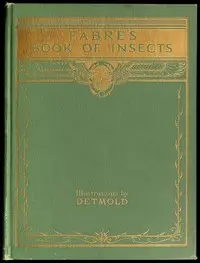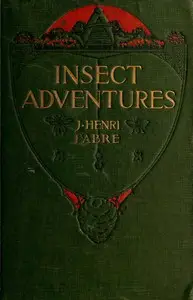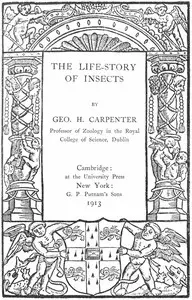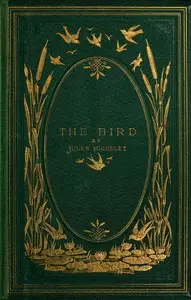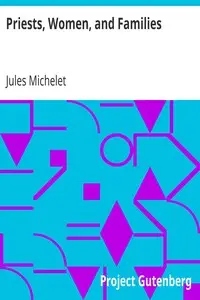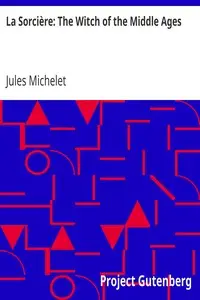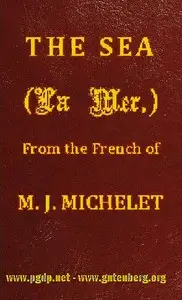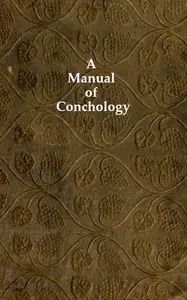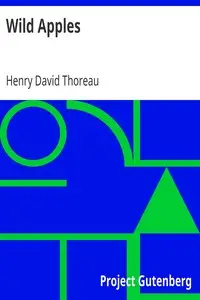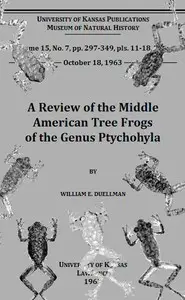"The Insect" by Jules Michelet is a book that looks closely at the captivating world of insects. The author links their roles in nature to the existence of humans through poetic writing. It honors the detailed lives and relationships of these tiny creatures, and thinks about the larger picture of life. The book begins by showing how big and complicated the insect world is, also it focuses on how their actions change our world. Through descriptions that help you see what he sees and thoughtful ideas, Michelet shares his strong interest and respect for these creatures, and hints that they are both beautiful and mysterious. He uses stories from his own life to show his observations, revealing a sympathy for the world of insects that prepares the reader for a detailed look into their lives as the book continues.
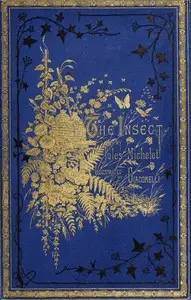
The Insect
By Jules Michelet
Discover a world of tiny creatures and appreciate their surprising impact, as a curious observer reveals the hidden beauty and complex connections within the insect kingdom.
Summary
About the AuthorJules Michelet was a French historian and writer. He is best known for his multivolume work Histoire de France, which is considered a foundational text in modern historiography. Michelet was influenced by Giambattista Vico; he admired Vico's emphasis on the role of people and their customs in shaping history, which was a major departure from the emphasis on political and military leaders. Michelet also drew inspiration from Vico's concept of the "corsi e ricorsi", or the cyclical nature of history, in which societies rise and fall in a recurring pattern.
Jules Michelet was a French historian and writer. He is best known for his multivolume work Histoire de France, which is considered a foundational text in modern historiography. Michelet was influenced by Giambattista Vico; he admired Vico's emphasis on the role of people and their customs in shaping history, which was a major departure from the emphasis on political and military leaders. Michelet also drew inspiration from Vico's concept of the "corsi e ricorsi", or the cyclical nature of history, in which societies rise and fall in a recurring pattern.

